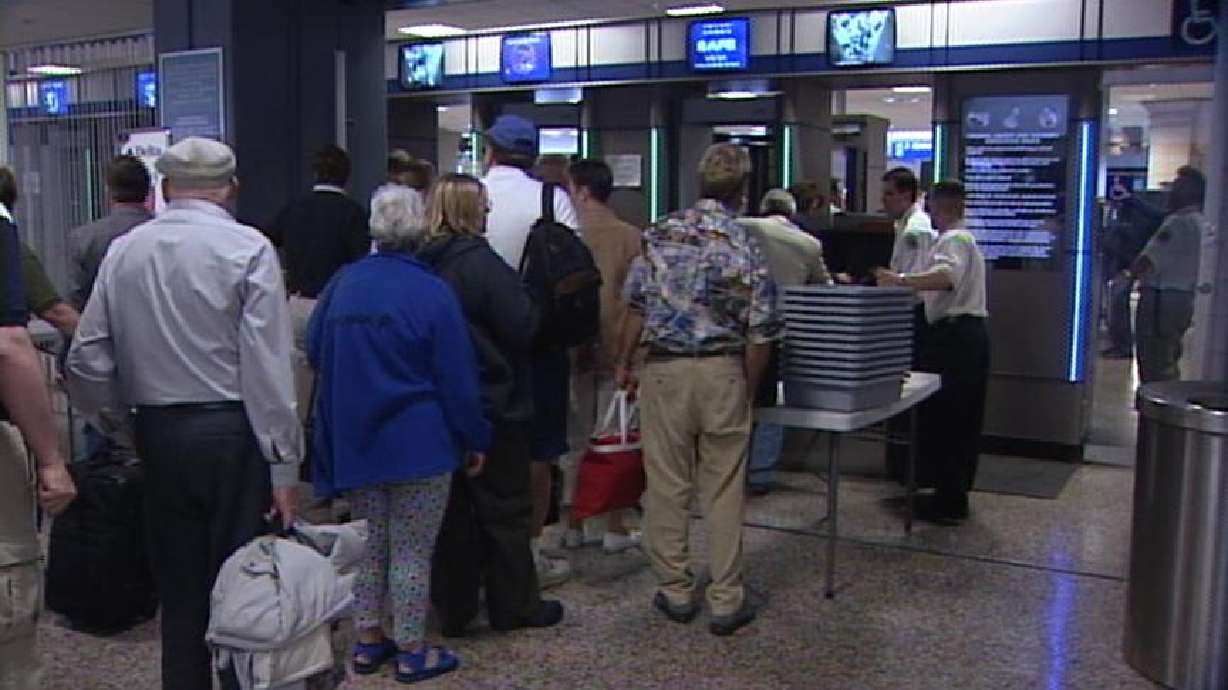Estimated read time: 2-3 minutes
This archived news story is available only for your personal, non-commercial use. Information in the story may be outdated or superseded by additional information. Reading or replaying the story in its archived form does not constitute a republication of the story.
Ed Yeates ReportingMany passengers who've had recent radioactive medical tests or treatments are setting off security alarms at airports.
And that's raising concern with the world's leading international nuclear medicine association, especially as people prepare to travel for the holidays.
Bob Brown/ Chief Editor, KSL Television News: "They went off, and these alarms go off-- beep, beep-- really loud. I didn't even know it was me and I kept walking through."

KSL Television News Chief Editor Bob Brown was doing what most people do - passing through security checkpoints. No bits and pieces of a nuclear weapon, no dirty bomb. Bob simply had some residual radiation from a recent medical test of blood flow to his heart.
The alarms went off first in Moscow, then again in Lithuania.
Bob Brown: "I'm standing up, sitting down, and going over here, and they didn't know whether to let me stay or let me go."
Technetium, fluorine, thallium, and iodine. These are commonly used radioisotopes routinely used in PET scans to diagnose or monitor treatment in cancer, cardiac stress tests, bone and lung scans.
Every day in this country 60-thousand people get some kind of radioactive isotope for a diagnosis or treatment.
Some may be detectable for only a day or two. Others, like Iodine 131, last much longer!
Karen Langley/ University of Utah Radiation Safety Officer: "When you start doing the math, these eight days for the physical half life, you're going to see it longer. I would say easily for 30 days."
The thallium used for Bob's heart test was supposed to be undetectable in about three to four days.
Bob Brown: "Well, it wasn't out of my system. It wasn't out of my system five days or six days later. By the time I left Finland two and a half weeks after that, I didn't set off any alarms."

SNM, the nuclear medicine association, is asking patients to plan future trips around treatments, to know what radioisotope has been used, and if necessary - to get a letter from your doctor.
SNM is trying to document complaints internationally, asking patients to tell their own doctors if, when and where airport security personnel detain them.









